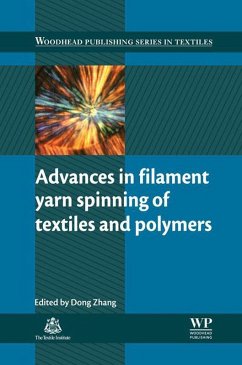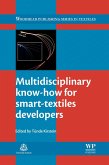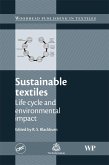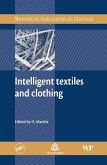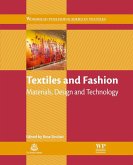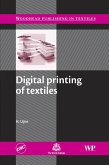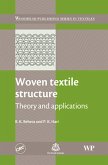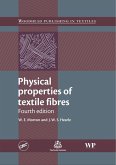Synthetic polymer-based fibers are used in a great variety of consumer and industrial textile applications ranging from clothing to home furnishings to surgical procedures. This book explores how a wide array of spinning techniques can be applied in the textile industry. Part one considers the fundamental structure and properties of fibers that determine their behavior during spinning. The book then discusses developments in technologies for manufacturing synthetic polymer films to produce different fibers with specialized properties. Part two focuses on spinning techniques, including the benefits and limitations of melt spinning and the use of gel spinning to produce high-strength and high-elastic fibers. These chapters focus specifically on developments in bi-component, bi-constituent, and electro-spinning, in particular the fabrication of nanocomposite fibers. The final chapters review integrated composite spinning of yarns and the principles of wet and dry spinning.
This collection is an important reference for a wide range of industrial textile technologists, including spinners, fabric and garment manufacturers, and students of textile technology. It is also of great interest for polymer scientists.
- Reviews the different spinning techniques and issues such as their effect on fiber properties, including melt, dry, wet, and gel spinning
- Considers the fundamental structure and properties of fibers that determine their behavior during spinning
- Reviews integrated composite spinning of yarns and the principles of wet and dry spinning
Dieser Download kann aus rechtlichen Gründen nur mit Rechnungsadresse in A, B, BG, CY, CZ, D, DK, EW, E, FIN, F, GR, HR, H, IRL, I, LT, L, LR, M, NL, PL, P, R, S, SLO, SK ausgeliefert werden.

